The pandemic in the UK – the rough road from crisis to calm
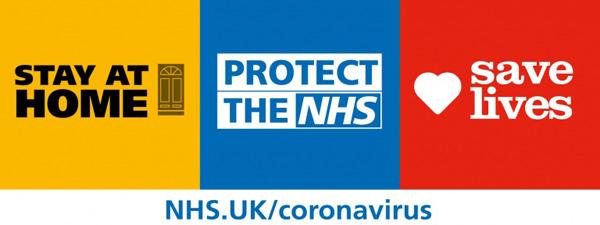
By Dr Remy Perumal
This pandemic has claimed numerous lives!
Over half a million each, in the United States of America and Brazil with the United Kingdom at just over 120,000. Of those lost in the UK were a significant number of healthcare workers, including nurses and doctors. Many Consultants and senior clinicians, were amongst those lost, which included the prominent Nephrologist &Registrar of the Royal College of Physicians of London. In addition to human cost, the borrowing binge to keep the country afloat during the pandemic means, there is a terrifying national debt which must eventually be repaid.
“Stay home, save the NHS, save lives” is the mantra and daily reminder we have observed in the UK. Yet, hospitals have been inundated with Covid patients. The NHS which was created after the infinitely worse disaster of 2nd World War, was overwhelmed, as admission rates soared.
Covid patients and in particular, those with its respiratory complications, added to what is known as “Winter Pressures” in the UK hospitals. The unrelenting demands on the available medical beds, during the winter months, necessitates the overflow of patients onto beds designated to other specialities. Acute medical units (AMU) which were established in every hospital in the UK, to deal with such pressures on medical beds, took the brunt of the workload. Those of us who manned Acute Medical Units in the NHS are only too familiar with the problems that occurred every winter, but with the pandemic these problems reached a different level. There were ambulances queuing outside the emergency departments with ill patients on trolleys, lined in the hospital corridors, waiting to be seen by doctors in the overstretched Emergency Departments (ED).
Doctors in ED and AMUs have been constantly under pressure to examine and clear beds in ED and move patients on to the AMU and relevant speciality wards. With the pandemic these pressures to move the patients from the ED to AMU, and where necessary, to the Intensive Care Units, has been intense. Increased demand for Intensive Care beds and the ensuing shortage of intensive care staff, has necessitated retraining and redeployment of doctors and nurses from other specialities to meet these shortages. Such movement has reduced staff availability in other specialist departments,with a knock on effect, on the services provided by those specialities.
This increase in patients with breathing problems and the demand for ventilators, has necessitated prioritisation of patients who need these machines. In this high demand situation in a Covid ward, one patient may need to be taken off a ventilator, for it to be offered to another more deserving person or one who has a better chance of survival. When Intensive Care Units are overwhelmed and the demand for ventilators outstrips availability, doctors are called upon to make unpleasant life and death decisions. These doctors could be challenged on their decisions and there is the threat of litigation. Also, the decisions they make, in this pressurised situation, couldhave a significant emotional effects on these professionals. They may be highly experienced medical professionals, but the sheer numbers of seriously ill and huge number of deaths and the repetitive process, does take its toll on the staff, physically and psychologically.
Also, in this scenario, how do you reconcile the fact that, a bed given to a Covid patient may be, one denied to a stroke victim or that, by delaying a cancer scan that doctor, could be signing someone’s death warrant? It is simple, you can’t. Morally and spiritually, human life has equal value. Which is why, heartless though it may seem, age, quality of life and chances of recovery come into the equation. Also, doctors may be required to asses a patient’s eligibility for treatment, on a ‘capacity to benefit quickly’ basis. Of course doctors agonise over these dilemmas even in normal times, but Covid has amplified the situation, taken us to a kind of twilight zone where we are forced to think the unthinkable.
In these circumstances, the British Medical Association’s view is, it would be ethical and lawful to refuse someone potentially life-saving treatment, where another patient is expected to benefit more from the available treatment. In making these decisions doctors need to follow accepted local guidance, about how resources are allocated, laid out preferably, by the local Research Ethics Committee.
After a difficult 2020 as we hope for a better future, Covid-19 is still dominating events in 2021. With much of the Western world battling second and third waves, continuing into the spring of this year, vaccines have not come too quickly, for some semblance of normal social behaviour to resume.
The UK’s highly efficient vaccination programme means, more than 20 million of the population have received the first dose and the target of vaccinating all adults by 31st July 2021, is real. Other European countries, are well behind and full immunisations there, would take up to 12 months, or more, to achieve. It is also evident that, 130 countries worldwide, have yet to start their vaccination programmes. Also, for the poorer countries, due to costs and delays in procurement and delivery of vaccinations, it could take much longer. In other words some countries will ‘have to live with the virus for longer periods of times’.
With such delays in vaccination, the emergence of new variants in some parts of the world, is a real threat. Therefore, with globalisation ‘no one is safe until everyone is safe.’ Hence, to avoid ‘vaccine inequality’, it makes sense for excess vaccines stocked by the richer countries to be donated to the poorer nations.
Now with Britain’s vaccination drive so advanced, we have the unique launchpad for recovery once lockdown lifts. This is grounds for fizzy optimism. Britain is a ‘coiled spring’ says the Bank of England, ready to spring back. To squander this golden opportunity would be unforgivable. We do not want another lockdown by dropping our guard too soon and allowing the ‘cloak of human isolation’ to come back, to haunt us again! Therefore, patience, vigilance and compliance with the guidance is key, to keeping ourselves safe, until we achieve the eventual satisfactory outcome, in containing the virus for good.
Many see the pandemic as a catalyst for change for a different future. Societal norms are shifting, but it is easier to predict what the future will not be, rather than what it will be!
( The writer is a Retired Consultant Physician)
-
Still No Comments Posted.








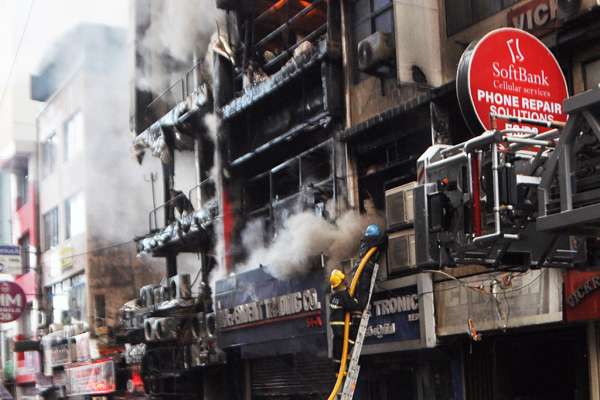
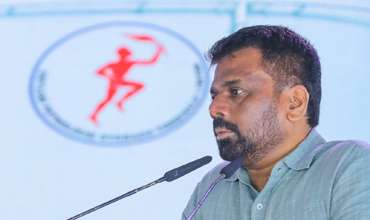
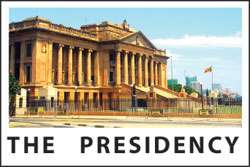

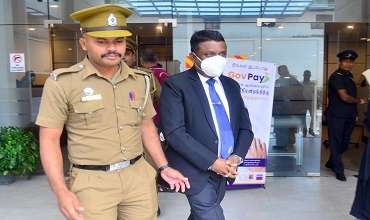
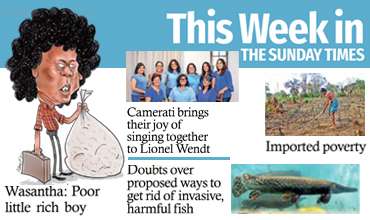
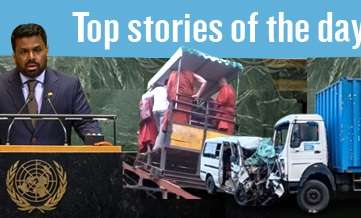
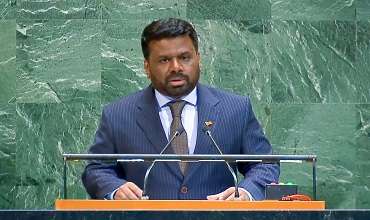

Leave Comments